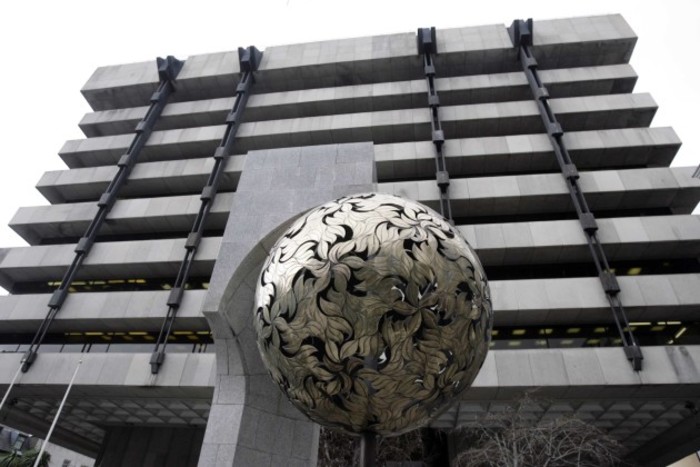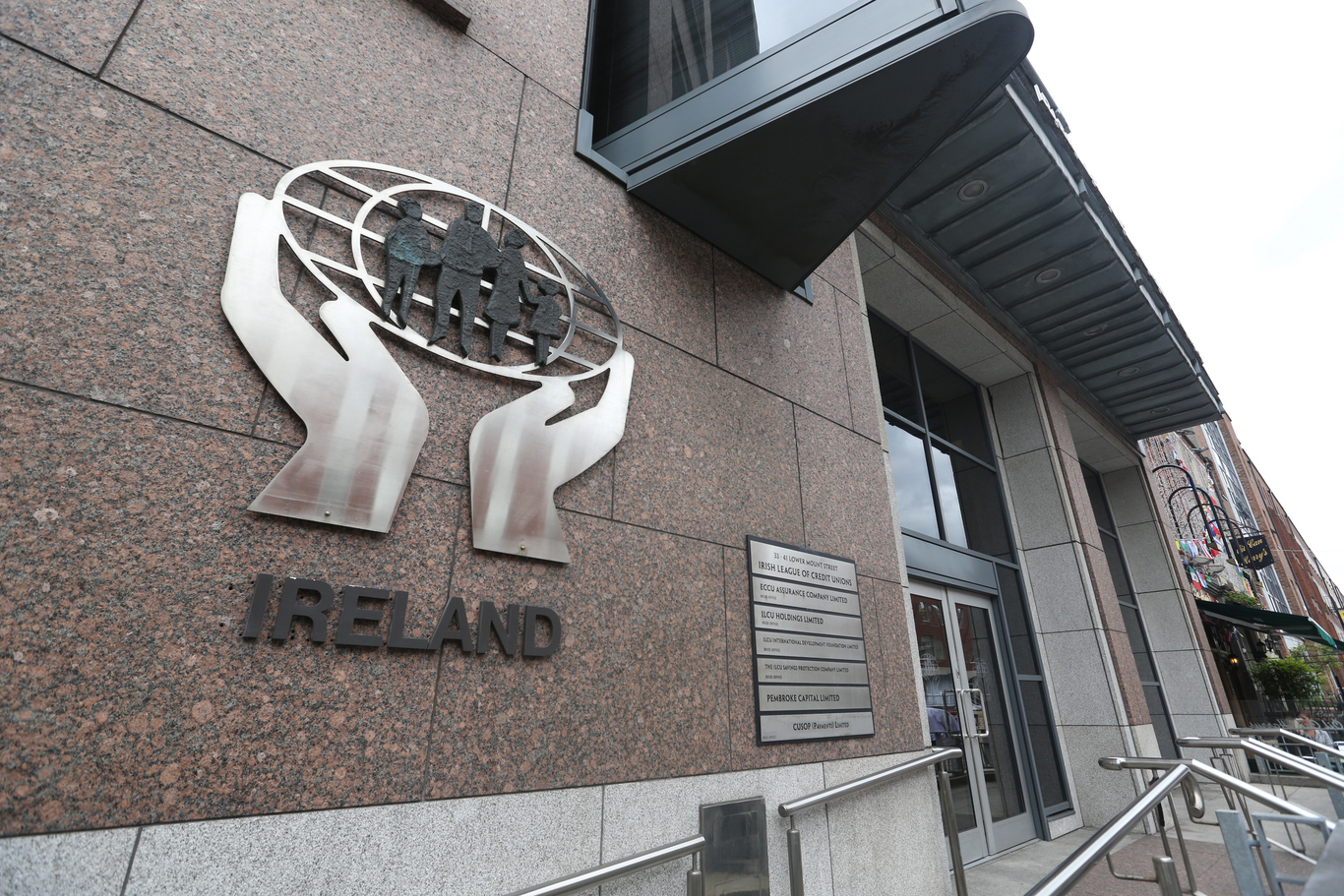The Central Bank feared failings at Rush Credit Union could cause 'disorderly collapse'
The High Court has appointed joint provisional liquidators to the troubled credit union.
THE CENTRAL BANK feared that failings at Rush Credit Union could have led to the ’disorderly collapse’ of the organisation if it was not liquidated.
Finance Minister Michael Noonan confirmed at a Cabinet meeting yesterday that the credit union from the north Dublin town was due to be wound up.
The Central Bank, which regulates the financial sector, made an application today to the High Court to have joint provisional liquidators appointed to the credit union.
The full application will be heard in about two weeks’ time, when the regulator will seek to have the institution wound up.
In a statement today, the Central Bank said that “there are a number of reasons for the failure of Rush Credit Union which have manifested over an extended period of time, including issues relating to governance, internal controls, lending practices and valuation of its premises”.
 The Central Bank headquarters
The Central Bank headquarters
The Central Bank noted that the credit union was currently “balance-sheet insolvent” and the liquidation decision was made based on the financial institution’s “constrained capacity to ameliorate its distressed financial position”.
“In the absence of taking the proposed action, the nature of the financial, governance and internal controls issues, could lead to a disorderly collapse of Rush Credit Union,” it said.
Irregularities
Although the Central Bank did not provide much more additional detail, in June gardaí said they were investigating reports of financial irregularities at the credit union, which were believed to relate to €700,000 missing from its accounts.
Earlier this year it emerged that the credit union had been given over €750,000 by the Irish League of Credit Unions (ILCU).
The Central Bank said that the application to the High Court was made ‘ex parte’, meaning that Rush Credit Union was not represented and had no opportunity to make its case to the court.
“At this stage of the process, for legal reasons, the Central Bank is constrained in terms of the specific details it can provide pending the decision of the High Court on winding up,” it said.
“The Central Bank remains fully supportive of the credit union sector in Ireland and is committed to the continued development of a strong and sustainable sector that meets members’ changing needs and protects their savings.”
A spokesman for the ILCU said that the board of directors of Rush Credit Union “has, for some time, sought to bring about a transfer of Rush Credit Union to another credit union on a voluntary basis”.
“However, this was found not to be feasible. The ILCU is conscious that there is a demand for the services of a credit union in the local area and will continue ongoing efforts to examine what arrangements can be put in place to provide credit union services for the former members of Rush Credit Union,” he said.
“Every credit union is an independent, autonomous entity and as such the resolution of Rush Credit Union does not impact upon the position of any other credit union.”
Guarantees
The appointment of the liquidators to does not have any impact on members’ savings in any other credit union.
Under the statutory Deposit Guarantee Scheme, members of the credit union who have savings of €100,000 or less will not be affected by the proposed liquidation.
Payments will automatically issue to the address held on file by the credit union with a statutory deadline of 20 working days.






